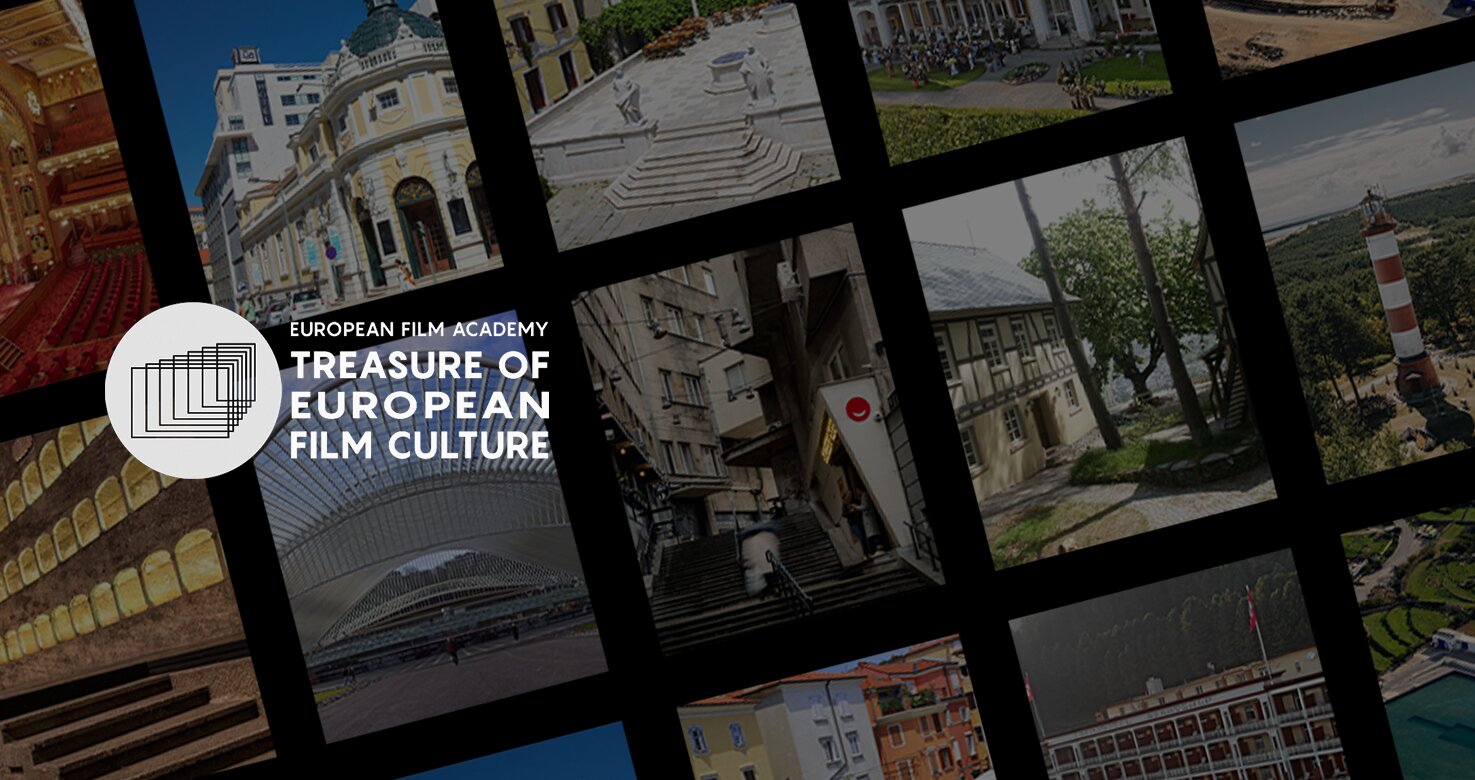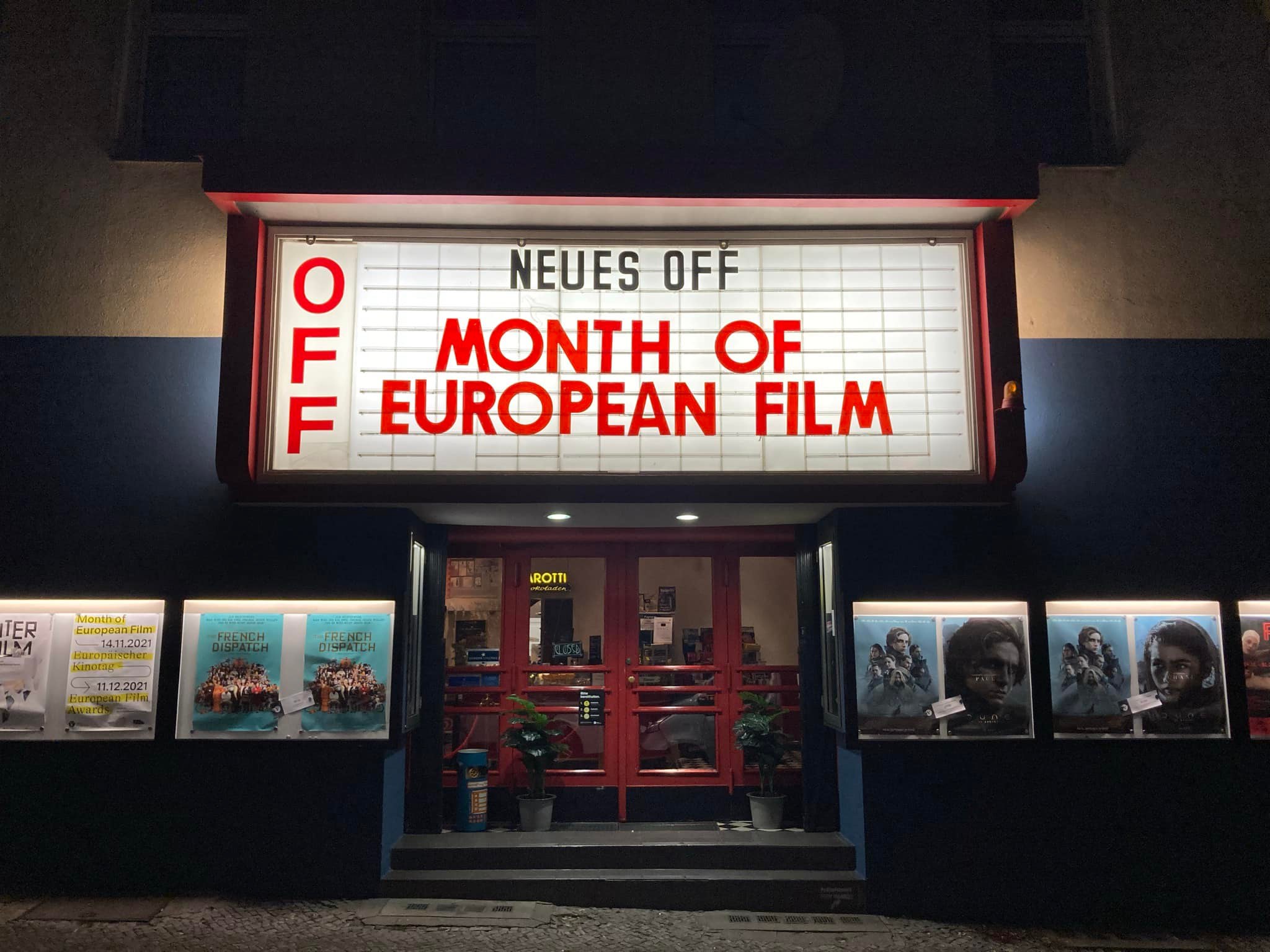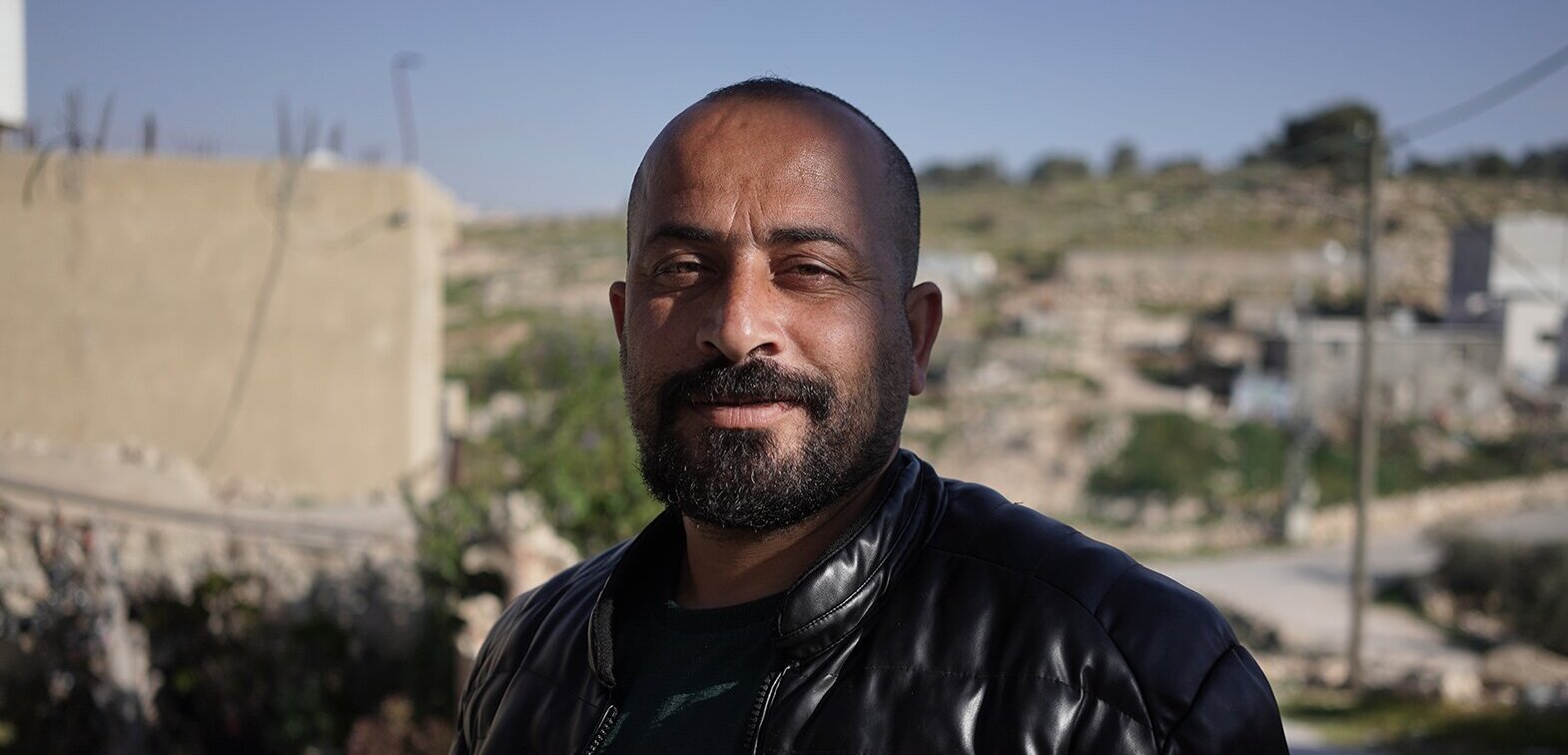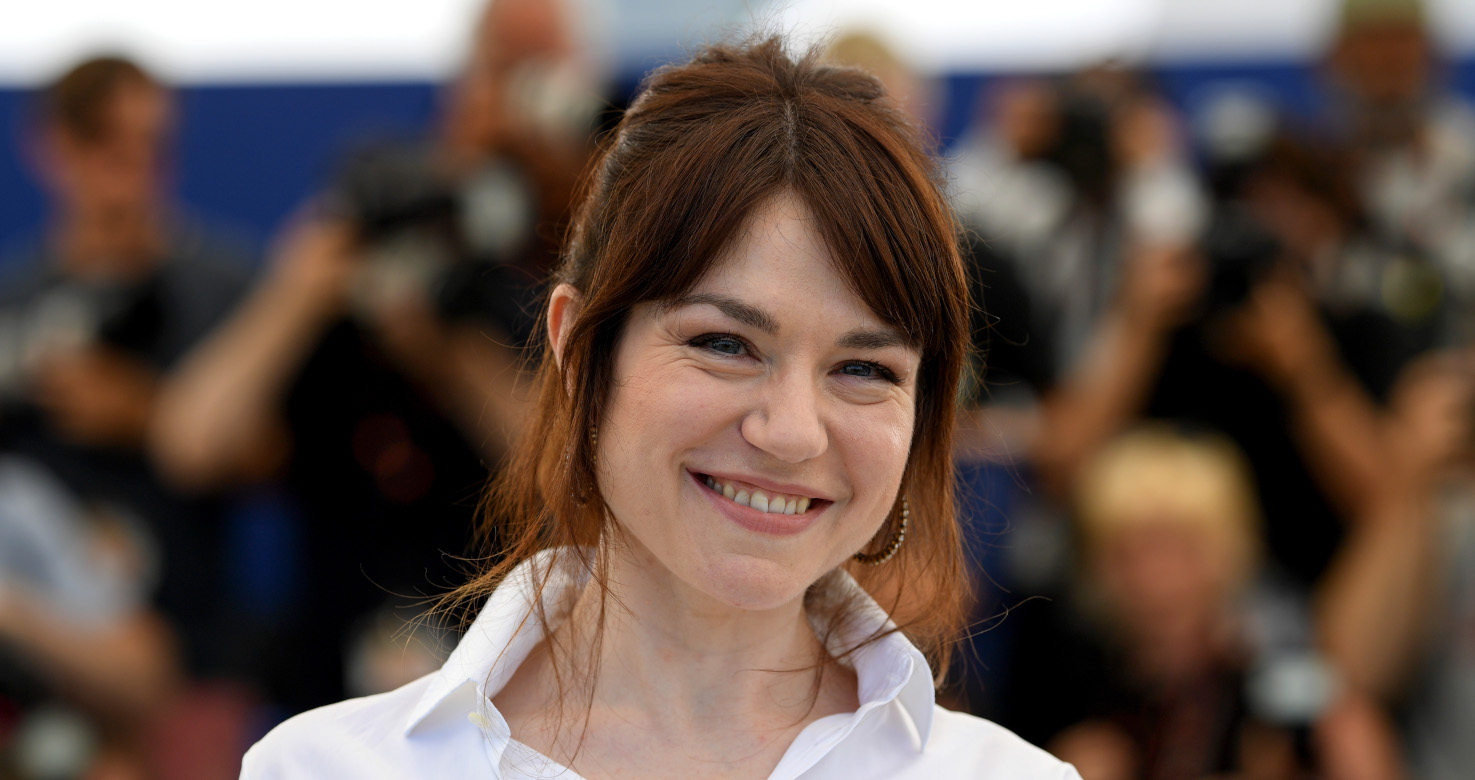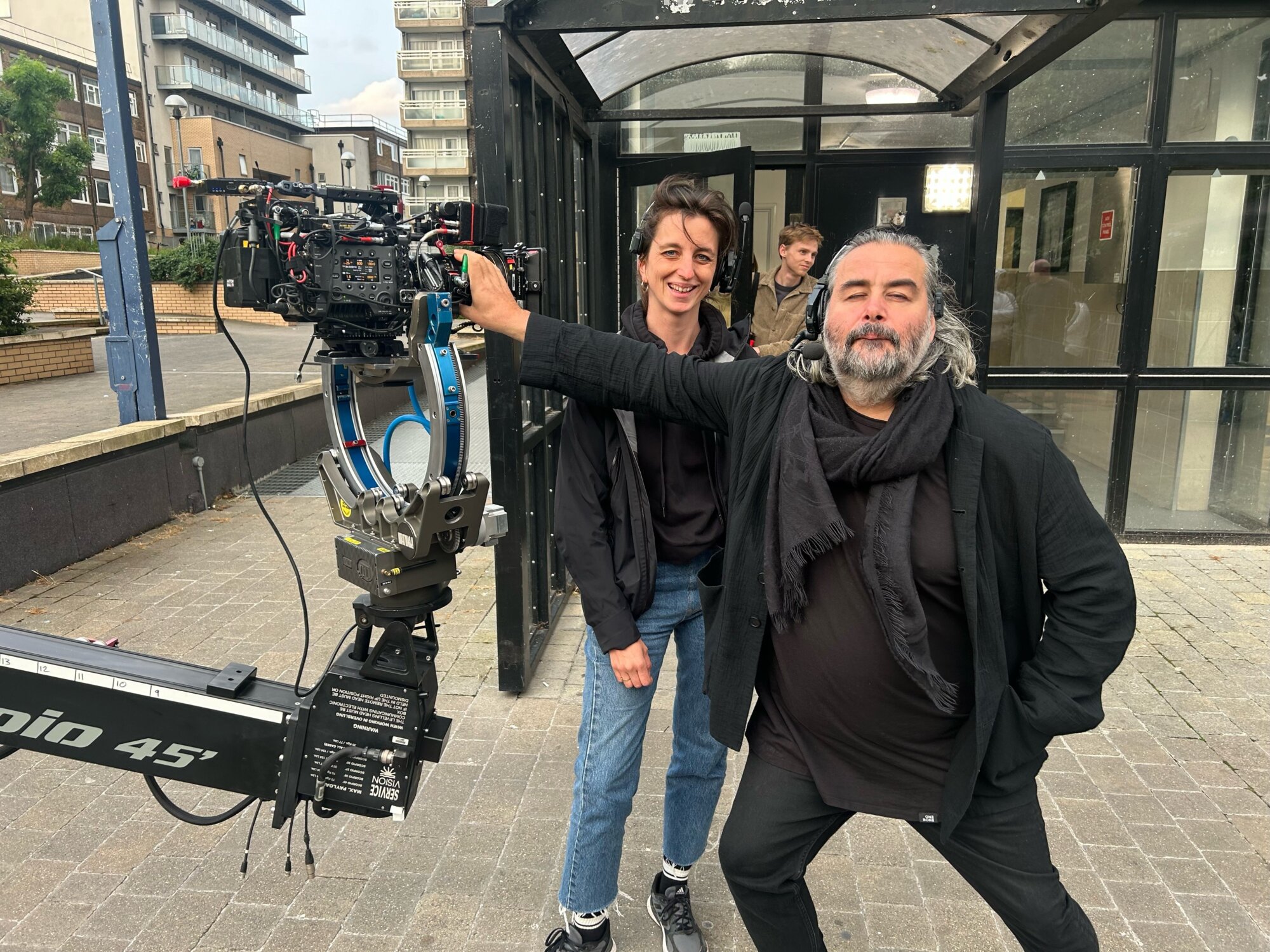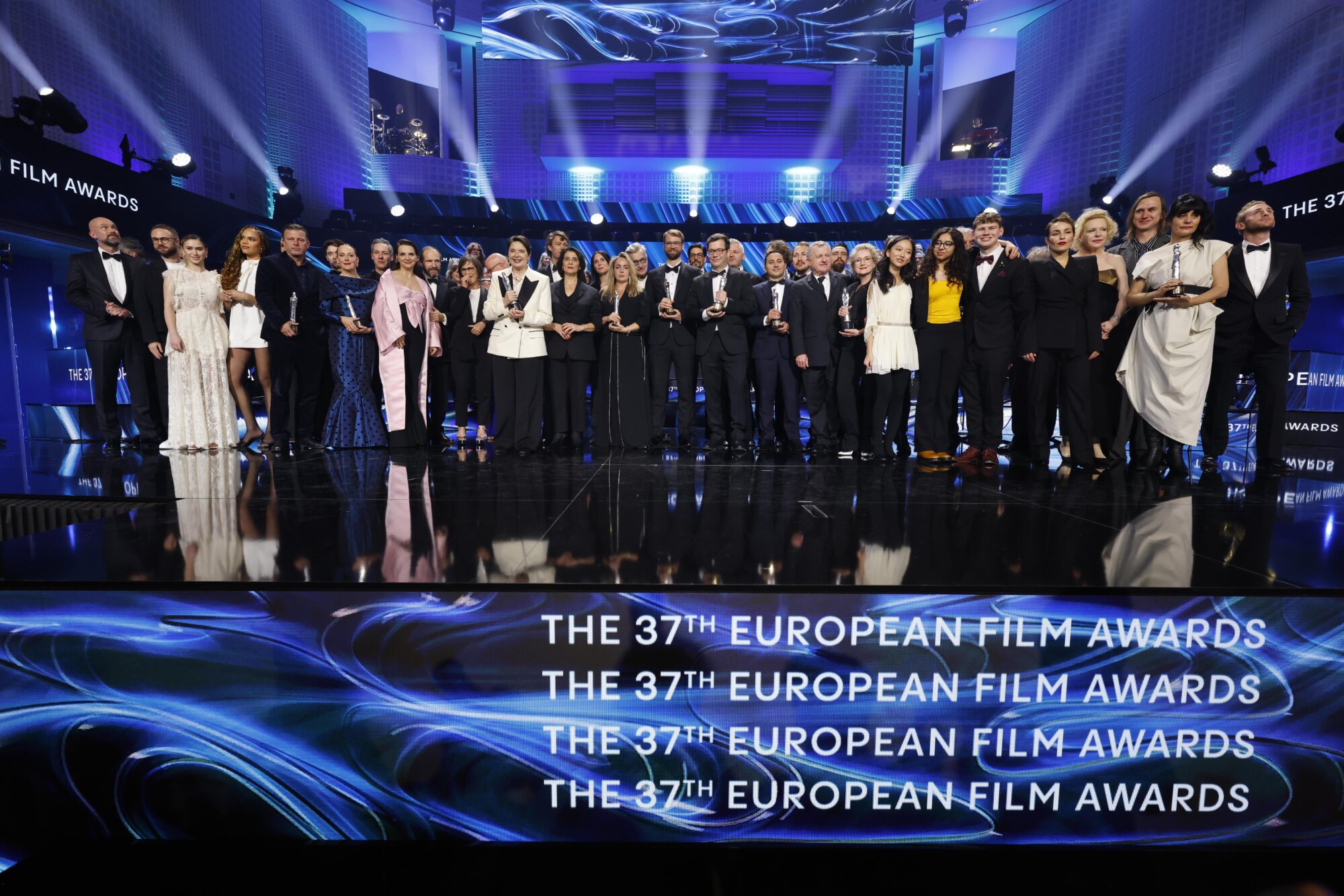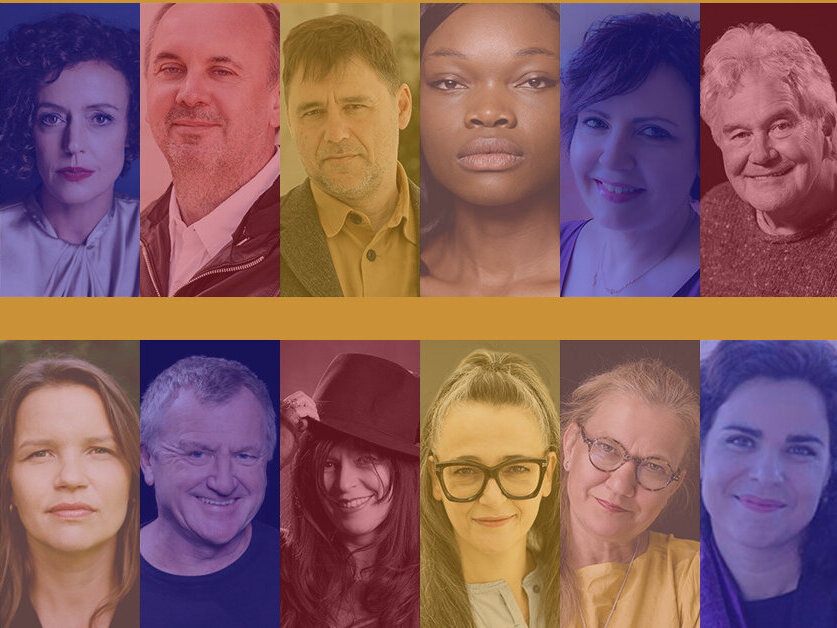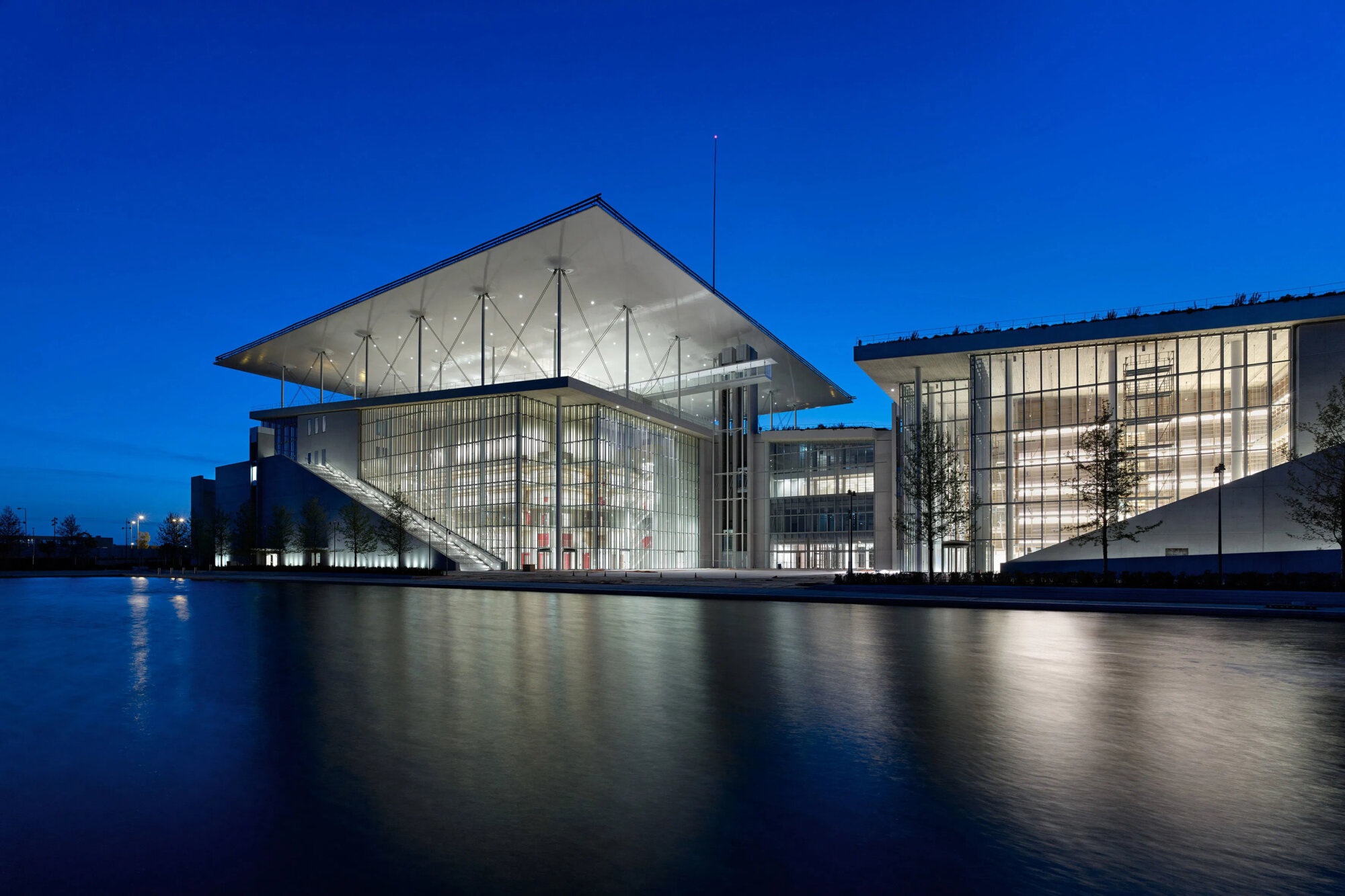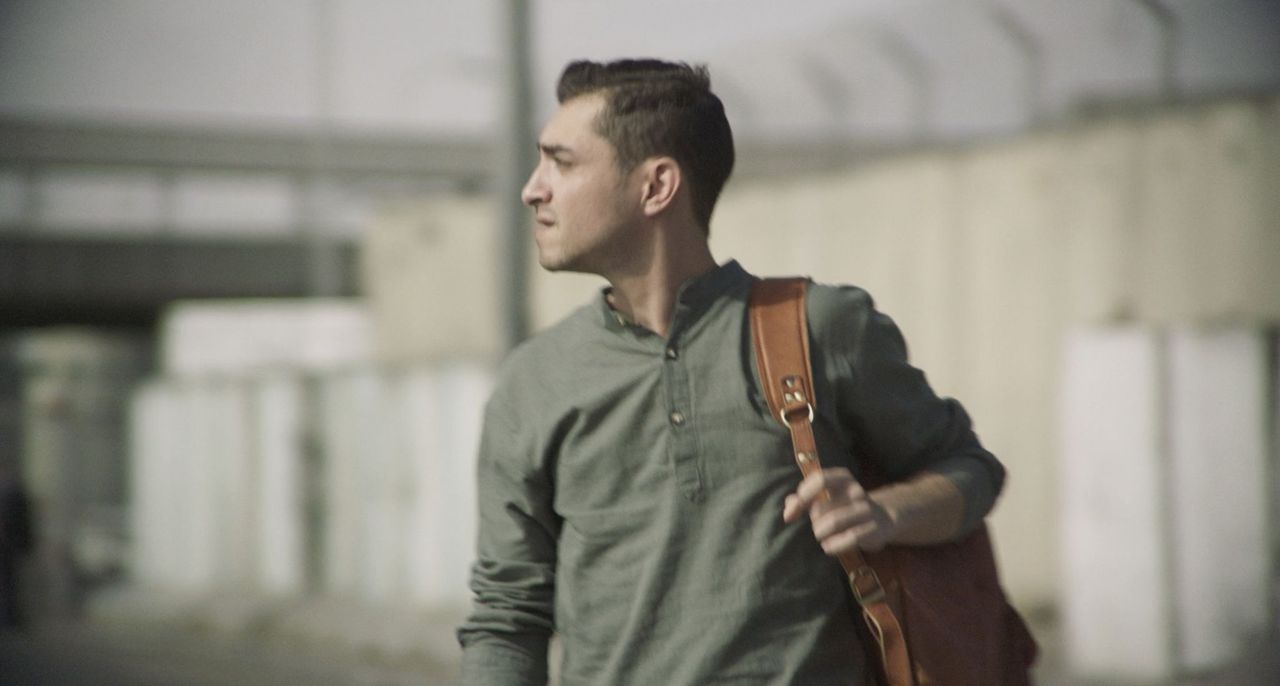
AN ORANGE FROM JAFFA
France, Poland, Palestine, fiction, 27′
SYNOPSIS
A few kilometres from Jerusalem, the Hizma checkpoint. There has been tension here for decades and the controls are extremely strict. A small mistake can cost a lot. Mohammed, a young Palestinian with a temporary Polish identity card, tries to get through the Israeli checkpoint to meet his mother. Successive drivers refuse to give him a lift. The kind-hearted taxi driver Farouk agrees. He does not know that the boy has already tried to cross another checkpoint and has been turned back. Farouk is also in a hurry to attend a very important meeting. The military quickly discovers the truth, which means very serious trouble for both men. Locked in the car, they will wait for the final decision.
CREDITS
STATEMENT OF THE DIRECTOR
This film is about the silent violence and this story happened to me and my mother, and the amount of oppression and silent violence I felt made me make this film. When writing the film’s script, I initially chose another name for the main character – who is my character – but I did not feel like expressing what was inside me until I changed the main character’s name to my own, Mohammed, and it remained that way. It was easier for me to dig deeper and search for what was inside me and what I wanted to express. Because I have passed through many Israeli checkpoints in my life, and when they spoke Hebrew among them, I felt that there was something suspicious, and I did not understand what was going on between them, and this made you feel that there was a problem and that you were waiting for your own conclusion. There are several metaphors that the viewer can touch upon, and this is one of them, that one of the occupation’s methods is to impose conditions on us by force of arms and monitor how we will behave under these conditions as Palestinians. The film shows how people under this boot can turn on each other, why it happens, how it happens – how in those long, soul-wrenching hours, when all your plans and your belongings are at stake, there’s so much blame to go around, not only upwards …
I filmed the entire film in Ramallah, Palestine. One of the most difficult things we faced was that we had to build a complete Israeli checkpoint identical to the Hizma checkpoint near Jerusalem, so that the events of the film would match reality as closely as possible. I would like to mention that the artist Amer Abu Matar from Ramallah was the one who built the checkpoint. In a short period of time, he faced many difficulties. As during filming, they are related to the security of the film team, and this is often the case in most Palestinian film productions. As you know, filming equipment is large and heavy, and moving around and setting it up requires time and effort. Many times we had to finish as quickly as possible because replaying a scene may pose a threat to the lives of the work team.
As not all equipment is available, we had to bring most of the filming equipment from Poland. However, at Ben Gurion Airport, it was reserved from the Polish crew for two weeks.
My ambition is for my films to reach the largest possible audience, and my artistic vision is for the world to see stories from inside Palestinian homes, about their happiness and sadness, their hopes and fears, and for them to be close to the characters in my films as if they know them directly and care about them. Perhaps what makes cinema different from the daily news that people read. It is that cinema makes them relate to the characters directly and emotionally, cares about them, rejoices when they are happy, and feels sad when they are sad.
- Short Film Candidate 2024
- Selected at Krakow Film Festival

